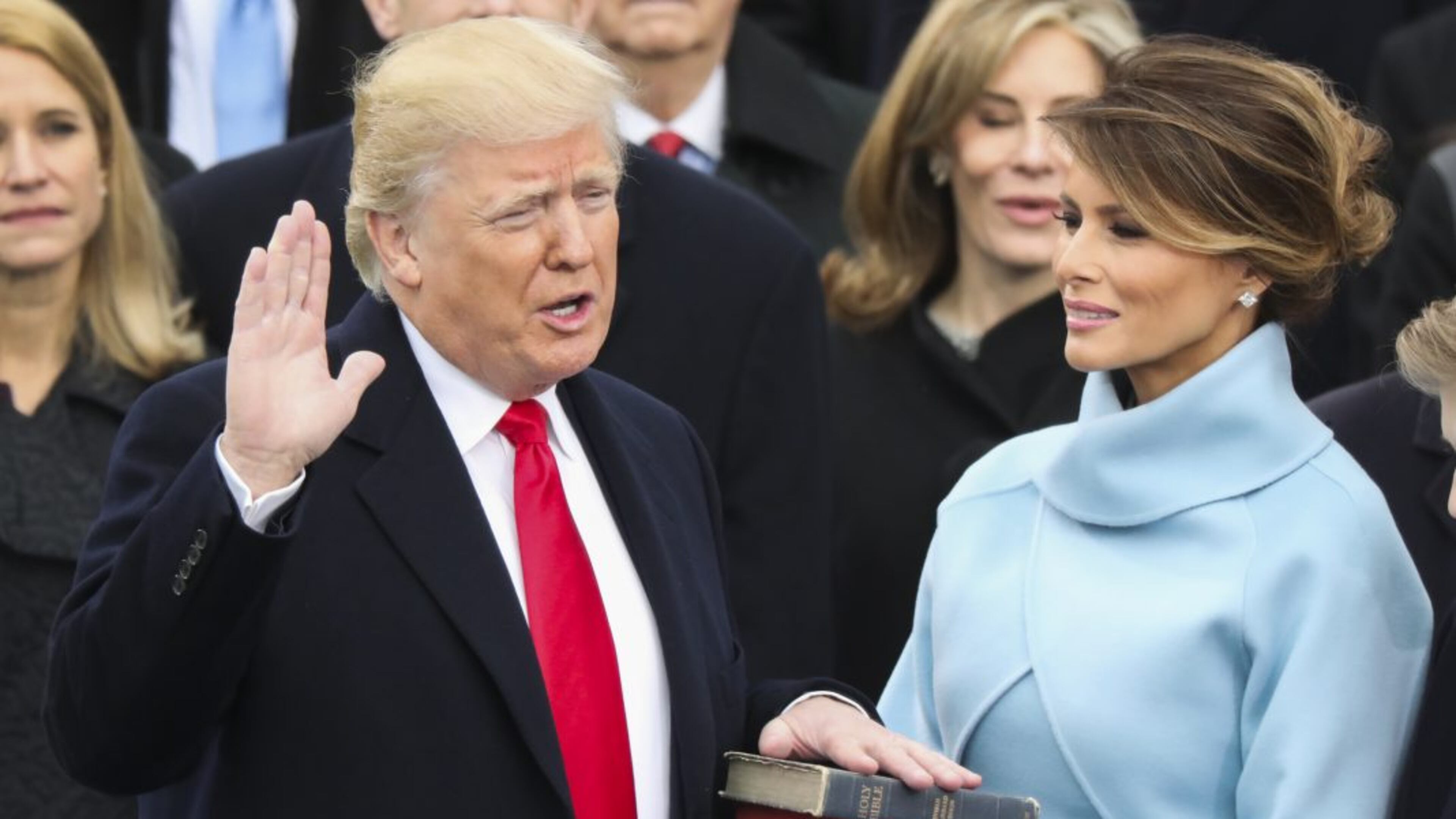Opinion: Trump subverts the Constitution

On Monday, President Trump ordered the immediate public release of unredacted, highly classified documents critical to the FBI’s investigation into Russian election meddling and into the possible involvement of Trump’s own campaign.
Among other things, Trump ordered release of FBI interviews with sources regarding his former aide Carter Page, ignoring concerns about the impact on national security. He also demanded the release of all text messages among top FBI officials related to the Russia investigation, and in unredacted form.
It is unprecedented for a president to reach into the Justice Department and order such a release during an ongoing criminal and national-security investigation. In most cases, material that sensitive would not see the light of day for half a century, if then. It is even more extraordinary given that Trump himself may be a target of the investigation that he is exposing, and that Trump admits to ordering the documents’ release in hopes it will undermine and even end that investigation.
According to Trump, the release of these documents will reveal the existence of an immense conspiracy against him within the top levels of the FBI, CIA and the Justice Department, "one of the great scandals in the history of our country," as he put it in an interview with The Hill. Trump predicted that exposure of that corruption will prove to be one of the "crowning achievements" of his administration and "a great service to the country, really."
I’ll give Trump two things: He truly seems to believe this craziness, and if this conspiracy does exist, it would indeed be the greatest scandal in U.S. history. If the top leadership of the FBI, the Department of Justice and the CIA conspired to overthrow a legitimately elected president, working against him both before and after he won election, then yes, the exposure of that plot would indeed justify the praise that Trump prematurely heaps upon himself.
And if that conspiracy exists, it has extended well into the Trump administration. FBI Director Christopher Wray, a Trump appointee, would have played a critical role in its continued coverup, as would CIA Director Gina Haspel. If it exists, Deputy Attorney General Rod Rosenstein, another Trump appointee, has also participated in both the conspiracy and coverup. If these documents prove what Trump claims they will prove, those people and others deserve not only to be fired but prosecuted.
But the conspiracy does not exist, and release of these documents, cherry-picked as they are, will probably prove it does not exist. Instead, it is yet another example of what has become Rule One of modern Republican politics: There is no problem so troubling that it cannot be explained away by a sufficiently convoluted conspiracy theory.
So far, federal law-enforcement and intelligence agencies have balked at carrying out Trump’s order for immediate release of the classified documents. They fear the precedent it would set for partisan use of such material, as well as the damage it might do to the investigation or national security.
But every day that goes by is another day of frustration for Trump’s demand for immediate release. Every attempt the agencies make to redact sensitive information against the president’s wishes will be perceived as confirmation of their disloyalty by a president already drowning in paranoia.
And if Trump insists on his original order, if he tries to strong-arm law enforcement into becoming partisan playthings, top officials may resign rather than follow a lawless order and this slow crawl toward a constitutional crisis may turn into a heedless rush.
